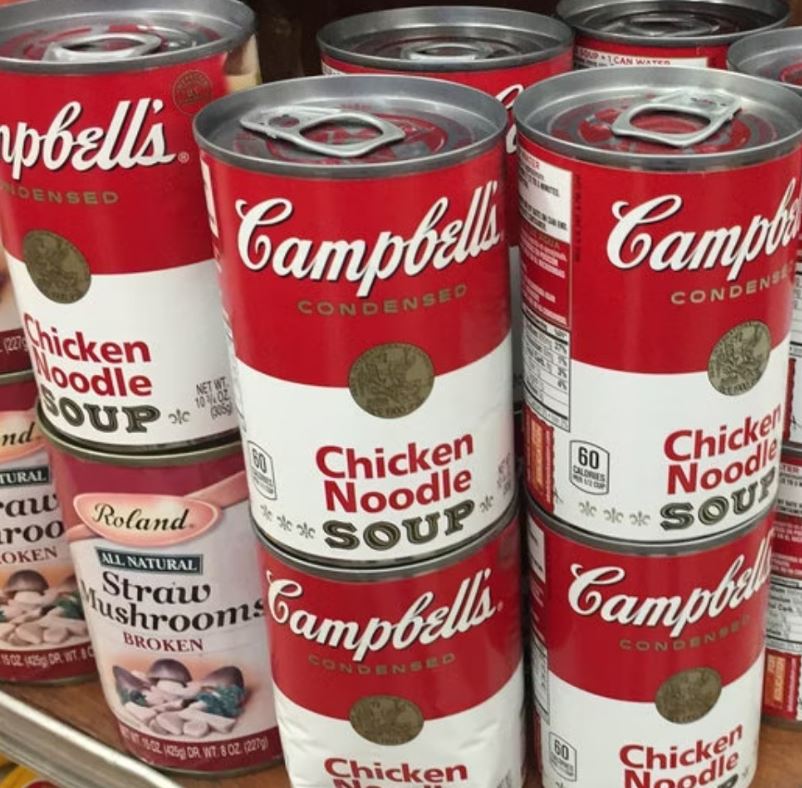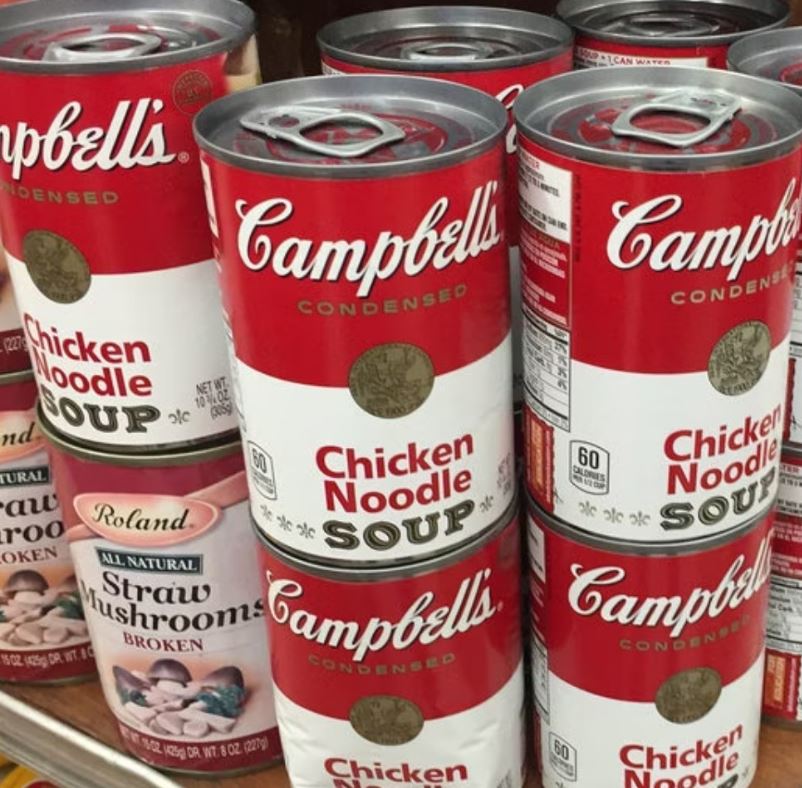Campbell’s Soup Faces Uncertain Future

For nearly 200 years, Campbell’s Soup has been a cherished fixture in American kitchens, bringing warmth and convenience with its iconic canned products. However, this beloved brand now finds itself at a pivotal moment, facing significant challenges that could reshape its future.
In today’s world, many shoppers prefer fresh, organic, and minimally processed foods, driven by a heightened awareness of health and wellness. This has put traditional Campbell’s products, known for preservatives and artificial ingredients, under scrutiny. Consumers are increasingly leaning towards “clean label” items, demanding transparency and healthier alternatives.
Recognizing these shifts, Campbell’s has embarked on a quest to diversify its offerings, acquiring brands like Bolthouse Farms and Snyder’s-Lance. These strategic efforts aimed to capture a share of the health-conscious market. However, these acquisitions have come with a hefty price tag. The company has witnessed its debt swell by nearly $9 billion, constraining its ability to further invest in innovation and marketing.
Despite these acquisitions, Campbell’s finds it challenging to integrate these new brands seamlessly and drive consistent profits. Their traditional products still generate a lot of revenue, yet they are declining in popularity, heightening the pressure to find a successful strategy amid fierce industry competition.
This situation also underscores a wider challenge for the industry: the difficulty in rejuvenating established brands while maintaining their core identity. Though Campbell’s remains a household name, its strong association with canned soups is proving problematic as this category is seen as less appealing.
As experts observe Campbell’s struggles, there is skepticism about its survival in its current state. Without major advancements in product development, financial management, and marketing, Campbell’s could risk falling victim to the ongoing changes in the food world. A company once considered a staple of American life now faces an uncertain road ahead.




